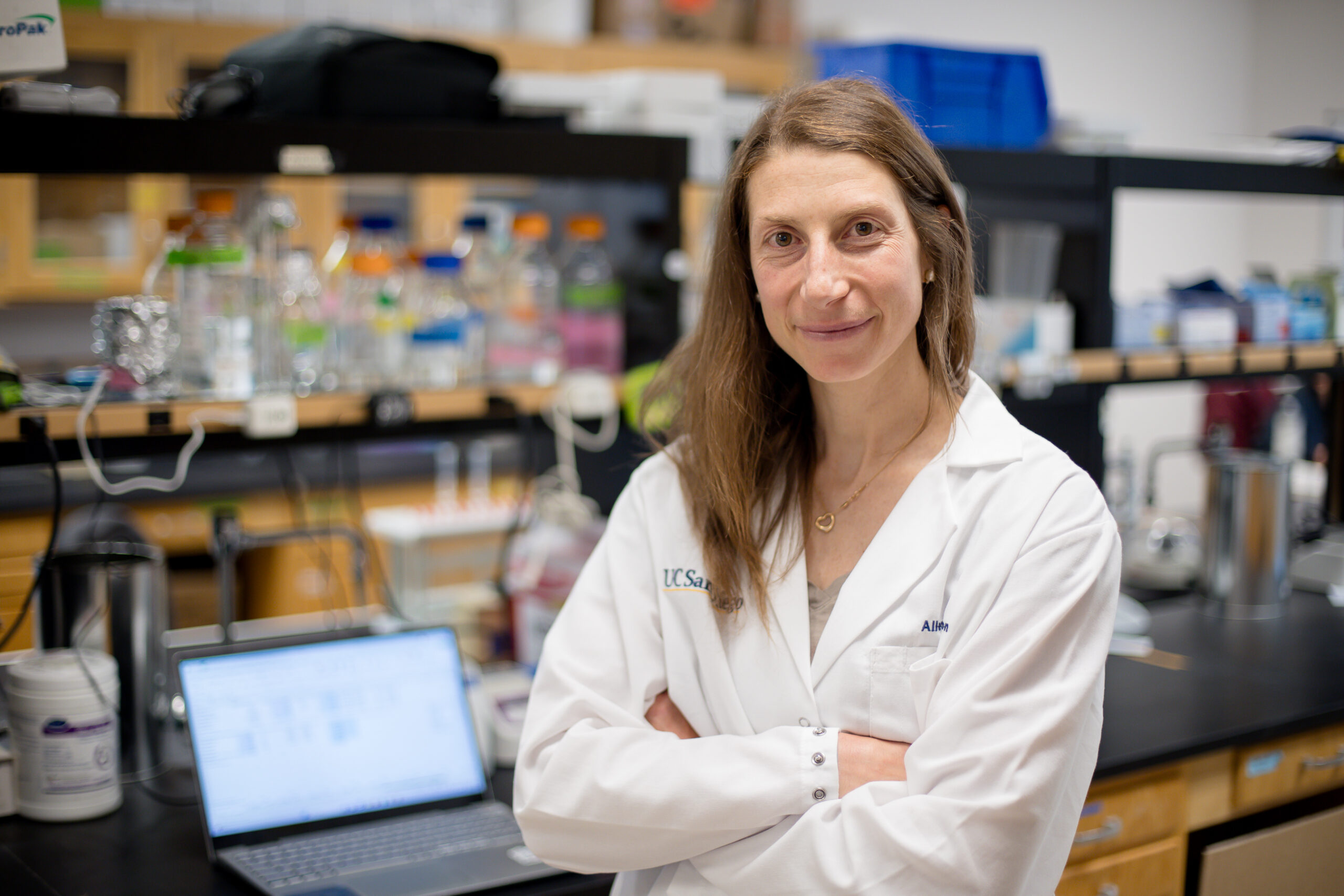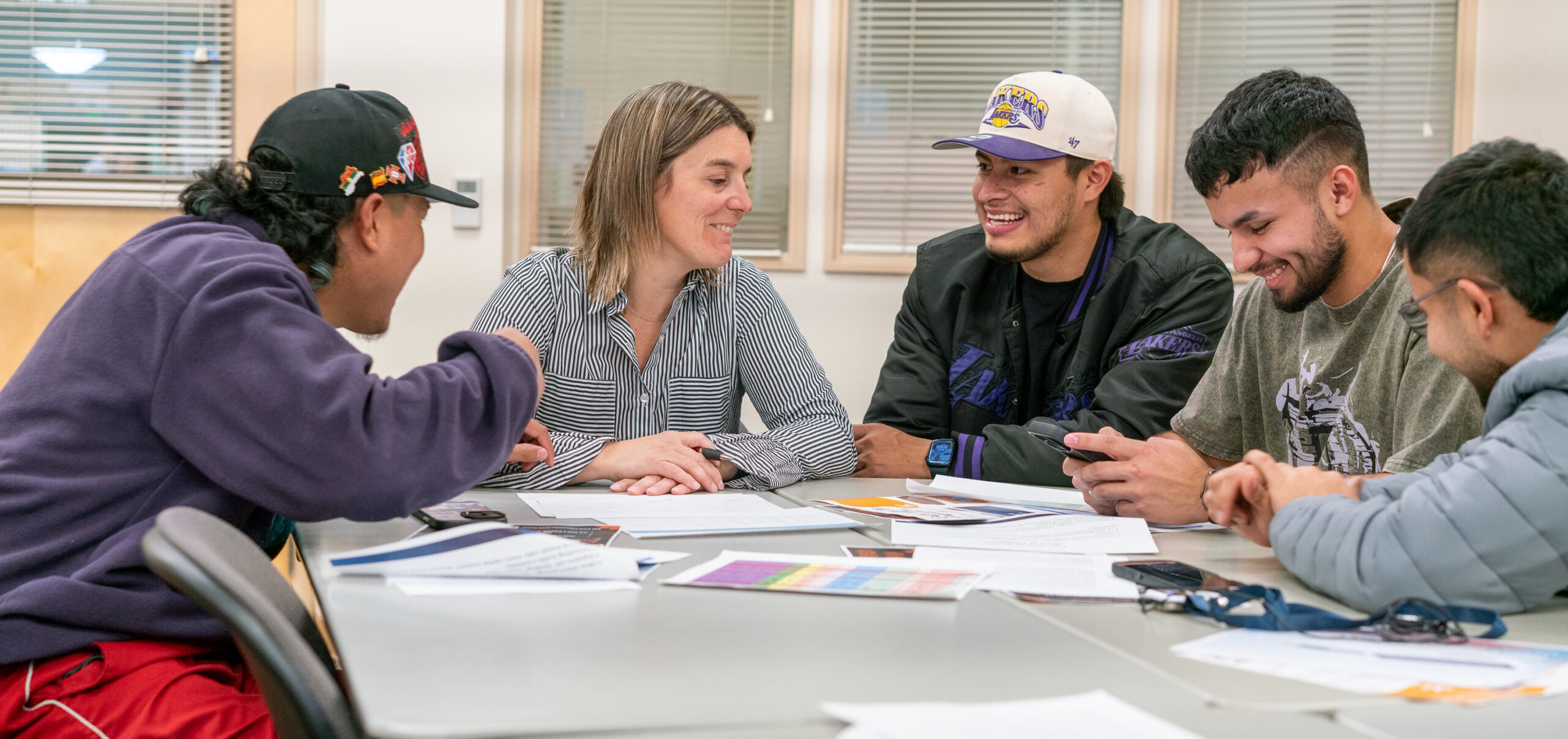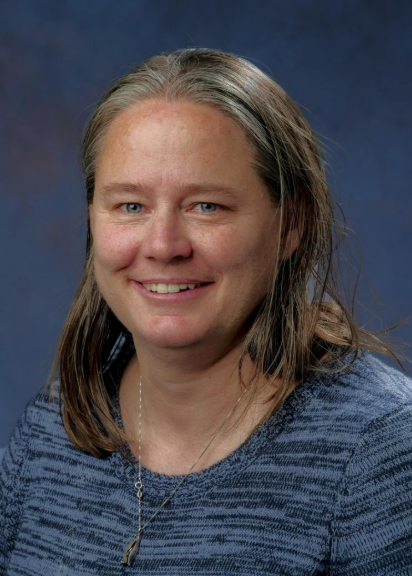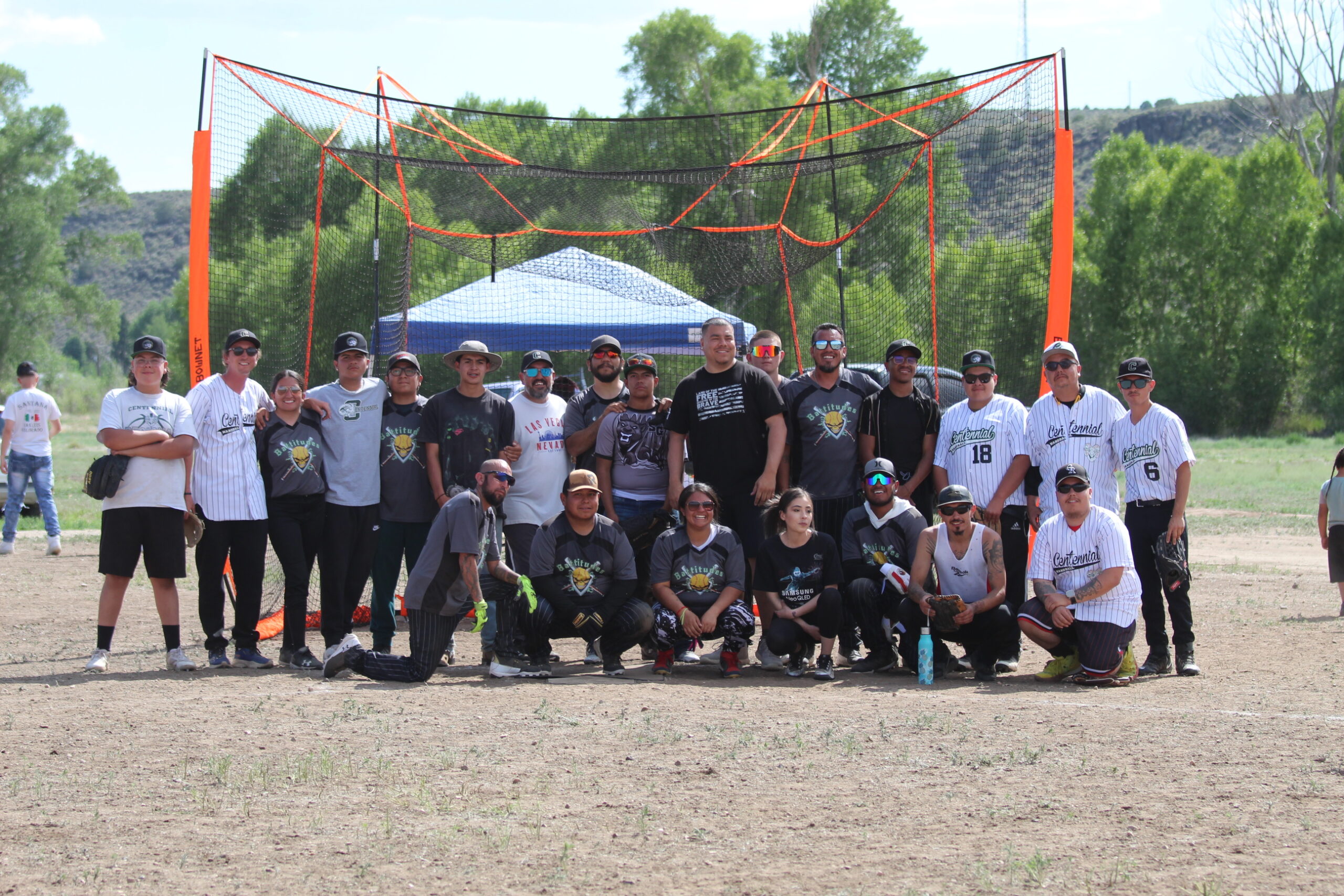Bioscience requires big thinkers who love to take on challenges. It attracts innovators and inventors with a passion for impacting human health. That’s what drew 2024 Boettcher Investigator Andrew Quesada Tan, Ph.D., to biomedical engineering. After discovering the difference he could make for patients by combining his interests in engineering, medicine, and biology, the former mechanical engineer switched fields.
This led to his current position as an Assistant Professor in the Department of Integrative Physiology and Director of the Sensorimotor Recovery and Neuroplasticity Lab at the University of Colorado Boulder.
Improving Quality of Life
Quesada Tan’s lab focuses on reversing the effects of paralysis and improving motor control in individuals with spinal cord injuries. According to the National Institute of Health, around 282,000 people in the United States are currently living with a spinal cord injury. For a patient with this kind of traumatic injury, even the smallest, slightest improvements during recovery can have significant, life-altering impacts.
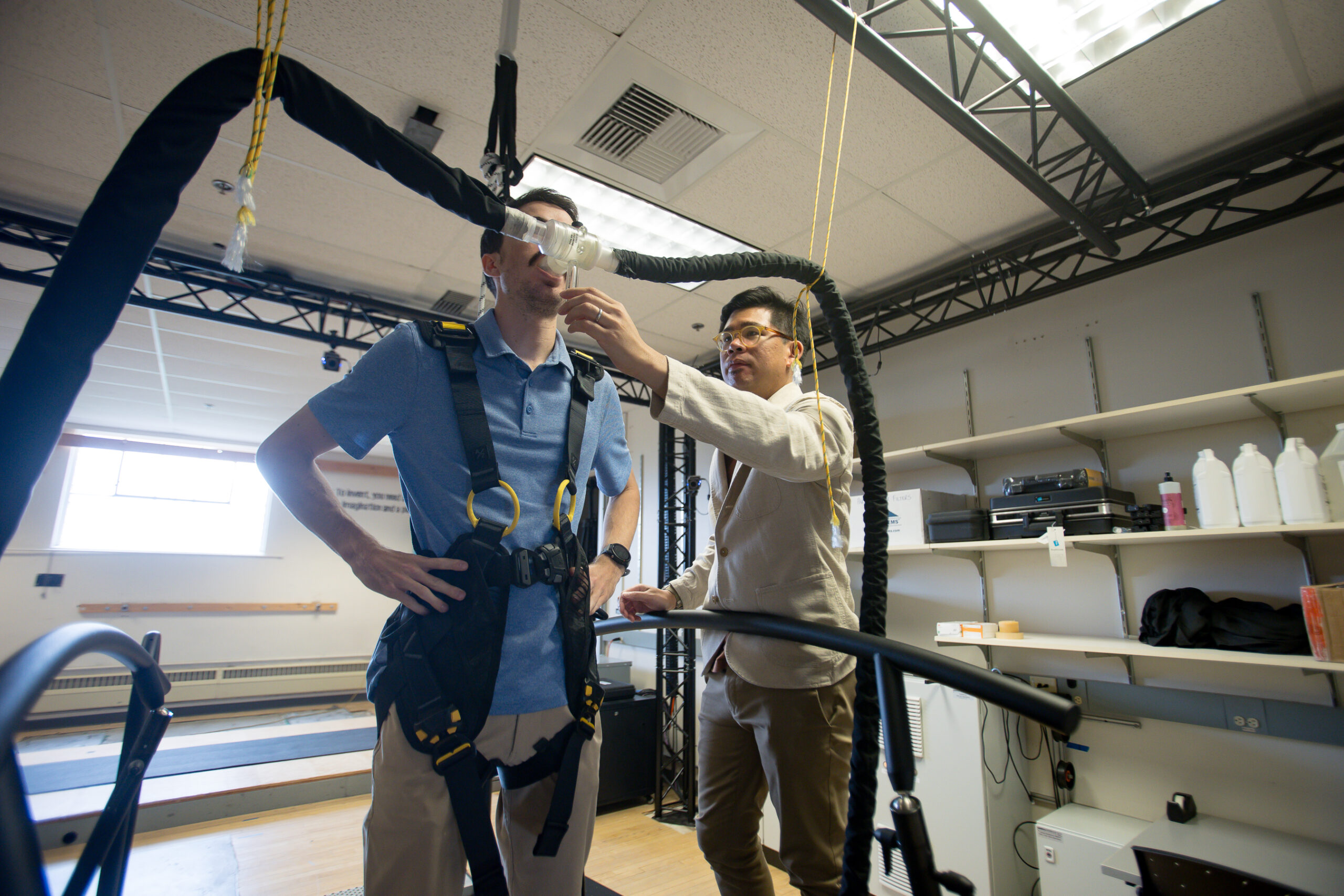
Quesada Tan is one of eight 2024 Boettcher Investigators, biomedical researchers selected to receive a total of $2 million in grant funds from the Webb-Waring Biomedical Research Awards. The funds support up to three years of independent scientific research.
Now marking its 15th year, the Webb-Waring Biomedical Awards program supports and retains top scientific talent in Colorado and allows Boettcher Investigators to compete for private and federal grants. The program’s impressive track record of success included $21.1 million in federal grant funding received by Boettcher Investigators in 2023.
Quesada Tan is using his Webb-Waring award to research acute intermittent hypoxia (AIH), a promising intervention involving moderate exposure to low oxygen levels. The treatment has potential to speed up recovery time for patients, supporting improvements in walking speed, endurance, and motor functions.
“It’s about restoring independence and improving quality of life,” said Quesada Tan. “The more we can help them [patients with a spinal cord injury] restore independence and mobility, the more integrated in society they can become. He says AIH is an incredibly useful tool to couple with other healing techniques to support patient recovery.
“If this works, we can really reduce the time in the clinic doing rehab,” said Quesada Tan. “The dose we’re applying is just one hour a day for five consecutive days; when you combine that with walking training, a lot of literature is showing that we can achieve the same performance as a six-to-eight-week rehab walking training.”
Collaborating with Colleagues and Patients
For this 2024 Boettcher Investigator, being all in means fostering collaboration across fields and areas of study to create the best possible outcomes for patients. This also means including and empowering patients, whenever possible, to be active participants and advocates in the research process. “All in is about collaboration across fields,” he said. “To really tackle neurorehabilitation, we need engineers, clinicians, basic scientists, and others working together to address the problem, and not only that, but also expanding it to the participants who come into our lab.”
Personalizing Medicine to Improve Outcomes
At the University of Denver, another 2024 Boettcher Investigator, Allegra Aron, Ph.D., Assistant Professor in the Department of Chemistry, is working to understand metal-binding molecules and their role in microbial interactions within the body. Compared to other biological molecules, less attention and research is often given to metals and the potential role they can play in therapeutics.
“Metals are essential in biology; every organism needs metals,” said Aron. “Even though metals may not be as appreciated as other elements, they are fundamental in biology.”
Aron is using her Webb-Waring grant to research how microorganisms that switch from being harmless to being pathogenic, called pathobionts, use metals. More specifically, she is investigating the microbial community in the gastrointestinal tract. The goal is to figure out how to “hijack” the metal uptake pathways of these pathobionts in order to leverage them for targeted therapeutics.
Similar to Quesada Tan, Aron is also working toward a world in which medical treatments can be more personalized to improve outcomes and mitigate negative side effects of treatments.
“The impact of this research could be creating personalized medicine for better patient outcomes, and also thinking about how we can use narrow spectrum antibiotics to fight antibiotic resistance,” said Aron.
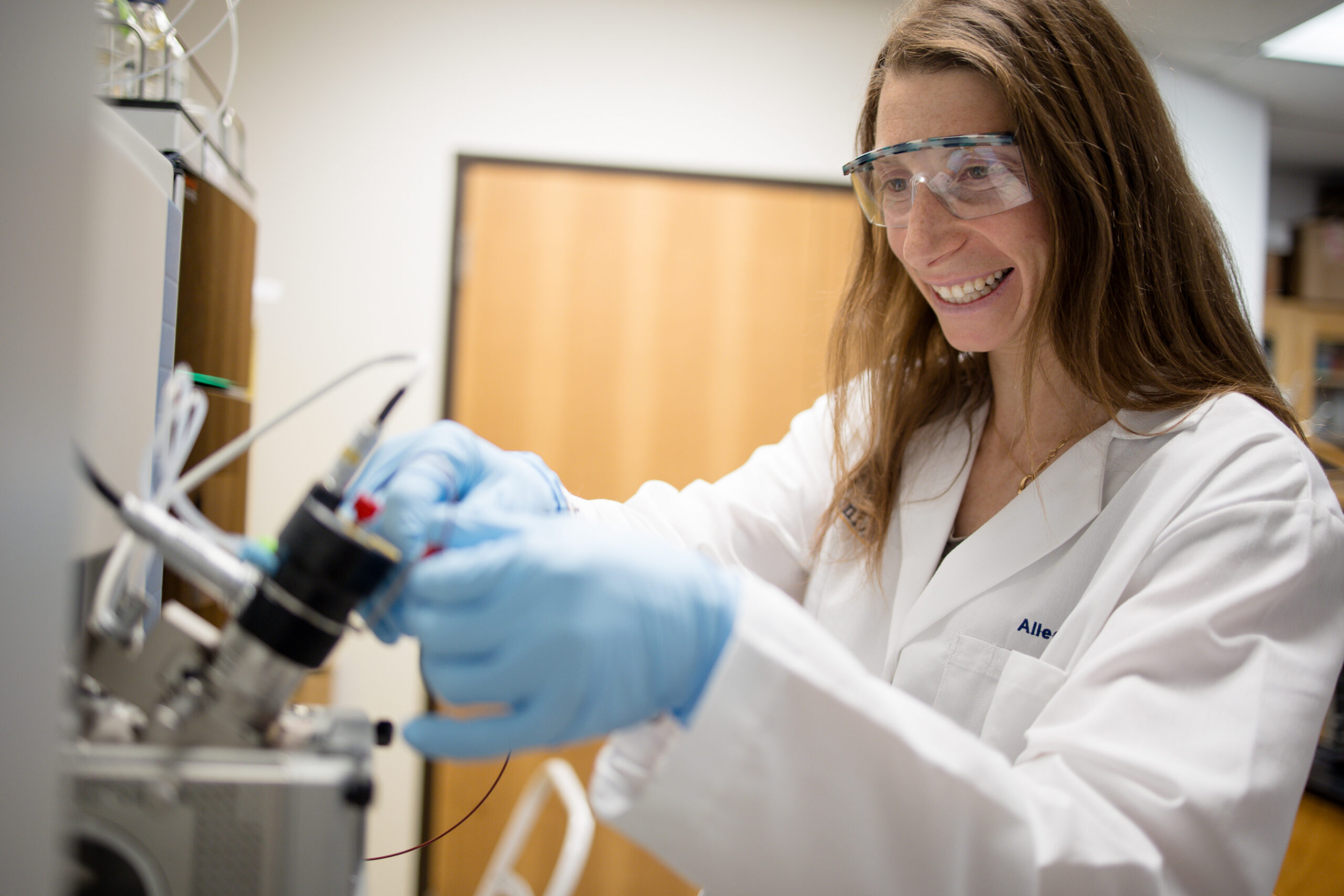
All In for Patient Care
Aron also believes collaboration across fields and organizations is a huge part of being “all in” for patient care. She appreciates the opportunity to forge partnerships across the state, including partnerships with individuals at the CU Anschutz Skaggs School of Pharmacy and Pharmaceutical Sciences and the CU Anschutz School of Medicine.
Whether it’s improving a patient’s healing journey after a traumatic spinal cord injury or researching how to leverage metals to create more targeted, narrow spectrum antibiotics, the Boettcher Investigators’ research plays a meaningful role in the “all in” approach needed by Colorado’s health innovators to change lives and the global health landscape.

